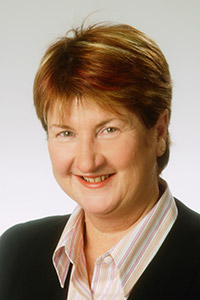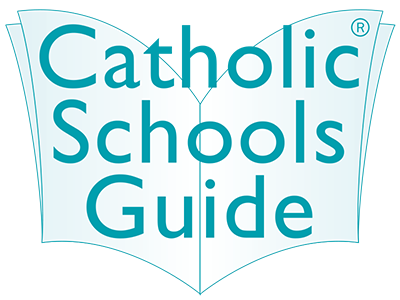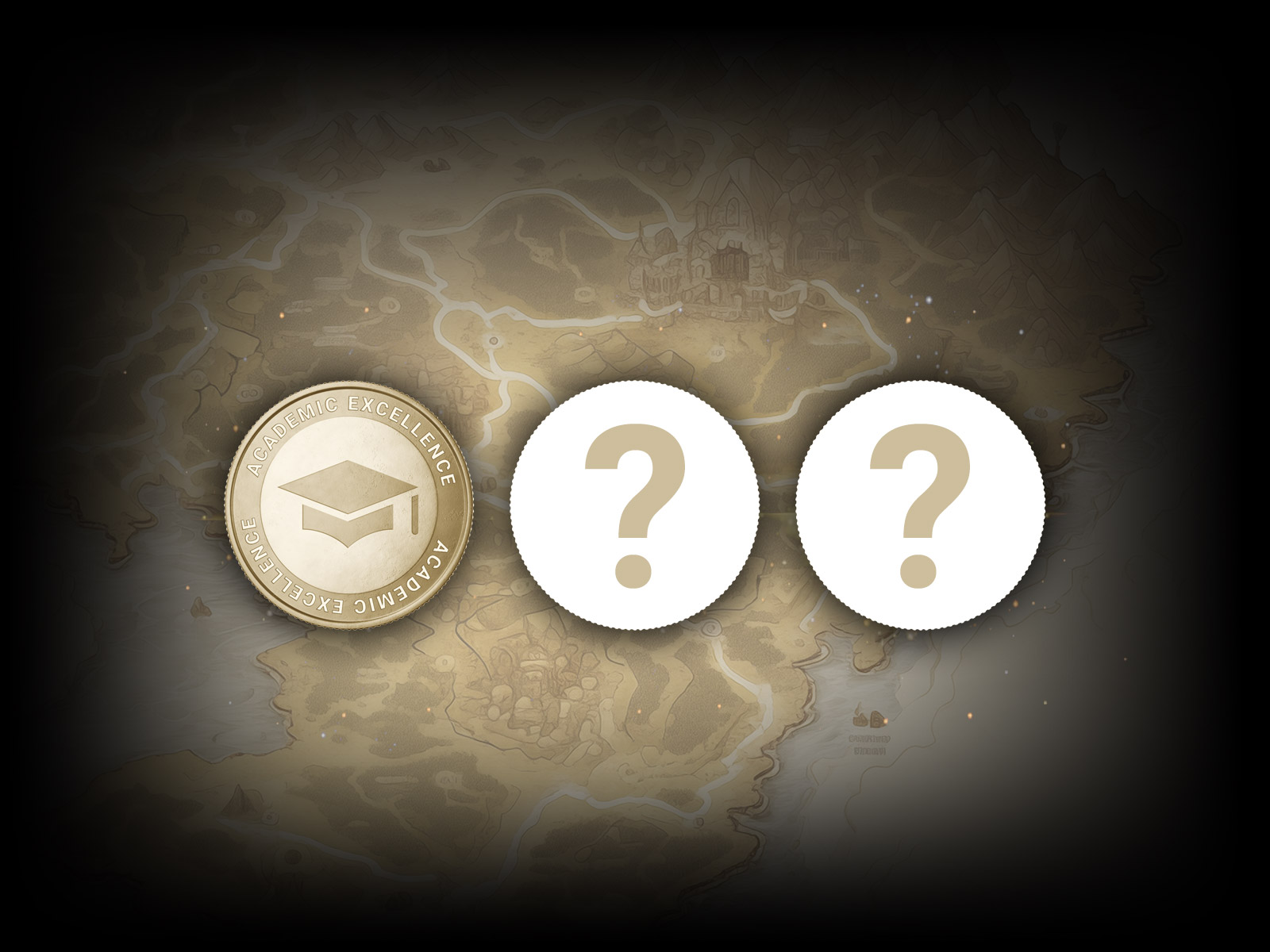News and Media

What counts as quality education? By Professor Claire Wyatt-Smith
Education continues to be at the top of government policy concerns at national and state levels and we hear much about better schools and better teaching. There is clear evidence of how teaching, learning and assessment are all focused on quality as we pursue our first national curriculum and related achievement standards. The dual and related challenges of education today are to offer schooling that delivers both high quality and high equity, and to enable all children to realise their full potential. Literacy learning and assessment, connected to learning, and learning improvement are vital in achieving this.
In the last twenty years, education research has had much to say about what is involved in becoming literate today. We now know that the ways in which we become literate are bound up with culture, contexts and relationships. How we communicate today, using new technologies, for example, is radically different from how earlier generations communicated. Rapidity of change is well recognised, as is the fact that we are generating new knowledge today at an unprecedented rate.
What then is the role of the teacher today? There is no doubt that quality teaching requires deep discipline knowledge and expertise, as well as advanced knowledge of how to use a range of assessments to improve learning. This is not limited to how large-scale test data is interpreted and used, though this is part of what teachers need to be able to do. Increasingly, the expert teacher is one who can design learning and assessments that foster learner creativity and imagination. The expert teacher, furthermore, is one who can develop young people’s abilities to recognise a quality performance and to know how to self-monitor and self-assess. In short, the expert teacher knows how to use assessment as enabling.
Also vitally important is how teachers listen or tune into the student voice. Expert teachers know how to open opportunities for students to present their voices to identify further teaching and learning. The expert teacher is also one who can diagnose learner needs and design interventions to address those needs in ways that enable learning. So, the role of the teacher today is to enable young people in our classrooms to learn about the world, their communities, and themselves. It is to support learners to explore new ways of using existing knowledge and of producing new knowledge, including through the use of new technologies.
This is bold new terrain with direct implications for teacher education, classroom practice and learning in the curriculum and beyond. There has never been a more exciting time for teachers and parents to work together to support learners. In our approach to teacher preparation, we recognise that literacy is foundational to learning in the curriculum and in all phases of education, from the earliest years, through schooling and on to workplaces and higher education. Learning to be literate, however, entails far more than mastery of basic skills in reading and writing. More than a decade ago I completed a large scale study that established that it is no longer appropriate to talk about literacy across the curriculum, or even literacy and curriculum. Screen recordings of classrooms showed clearly how students face complex and dynamic literacy demands in every area of study every day. A key to student success is to teach explicitly these literacy demands. If this does not occur, they can present powerful barriers to student success.
It is also recognised however, that traditional definitions that construe literacy as reading and writing fall well short of capturing the multimodal nature of actual literate practice in daily life as well as in classrooms. The emergence of new technologies has enabled new communication capabilities with speed as well as new ways of using and creating knowledge not imaginable in earlier generations. In a real sense, technologies and humankind are both shapers of culture and makers of the future: just as users shape technologies through their realms and practices, so in turn, technologies are shaping and reshaping those practices and identities, both individually and collectively.
Against this backdrop, so much of what previous generations have taken to be the hallmarks of a quality education, is now open for question. Most educators agree that a quality education involves the development of a rich repertoire of capabilities: among the set are essential operational skills that can extend to supporting creativity; the skills and dispositions for problem-solving and working in teams; and the ability to find patterns and think critically in shaping meaning and generating new knowledge. It is in this broadened picture of education that the Faculty’s work in preparing teachers of religious education for our Catholic Schools assumes the highest priority. It is in religious education classes that our young people can learn not only Catholic teaching, but also values education firmly embedded in this teaching.
In the Faculty of Education and Arts at ACU we attach great value to our partnerships with schools and communities. It is through these rich collaborations that we can shape the formation of the next generation of teachers and other education leaders. Currently we are exploring new and innovative approaches to initial teacher education with our partners, including courses with extended embedded professional experience opportunities. Other initiatives include our Learning Sciences Institute with a focus on major education issues, and our National Centre for Teacher Quality and Leadership. I encourage you to visit www.acu. edu.au/education for news of these developments.

Claire Wyatt-Smith is Professor of Educational Assessment and Literacy Education and Executive Dean of the Faculty of Education and Arts, Australian Catholic University. Formerly the Dean Academic (Arts, Education & Law) at Griffith University, Claire’s interest in assessment and literacy began when she was a high school teacher and then head of department, English. Building on this foundation she developed her considerable expertise in researching professional judgment and teachers’ assessment literacies, including the use of standards and social moderation. Claire’s work in the field of professional judgment relates to teaching at all levels, including higher education and clinical practice. Her current, large-scale funded projects include studies investigating digital assessment, gaming, and the nature and effects of standardized testing upon learners and reluctant readers.
Claire has an extensive history of working closely with the teaching profession and in advisory roles in curriculum and assessment policy, both within Australia and internationally. In the past year, she has acted as an international assessment advisor in government and universities in Ireland and Hong Kong. Claire’s recent books include: Designing assessment for learning improvement (forthcoming, Springer); Standards, moderation and teacher judgement: Policy and practice (in press, Sage); Multiple perspectives on difficulties in literacy and numeracy learning (2011, Springer); and Educational assessment in the 21st century: Connecting theory and practice (2009, Springer).

